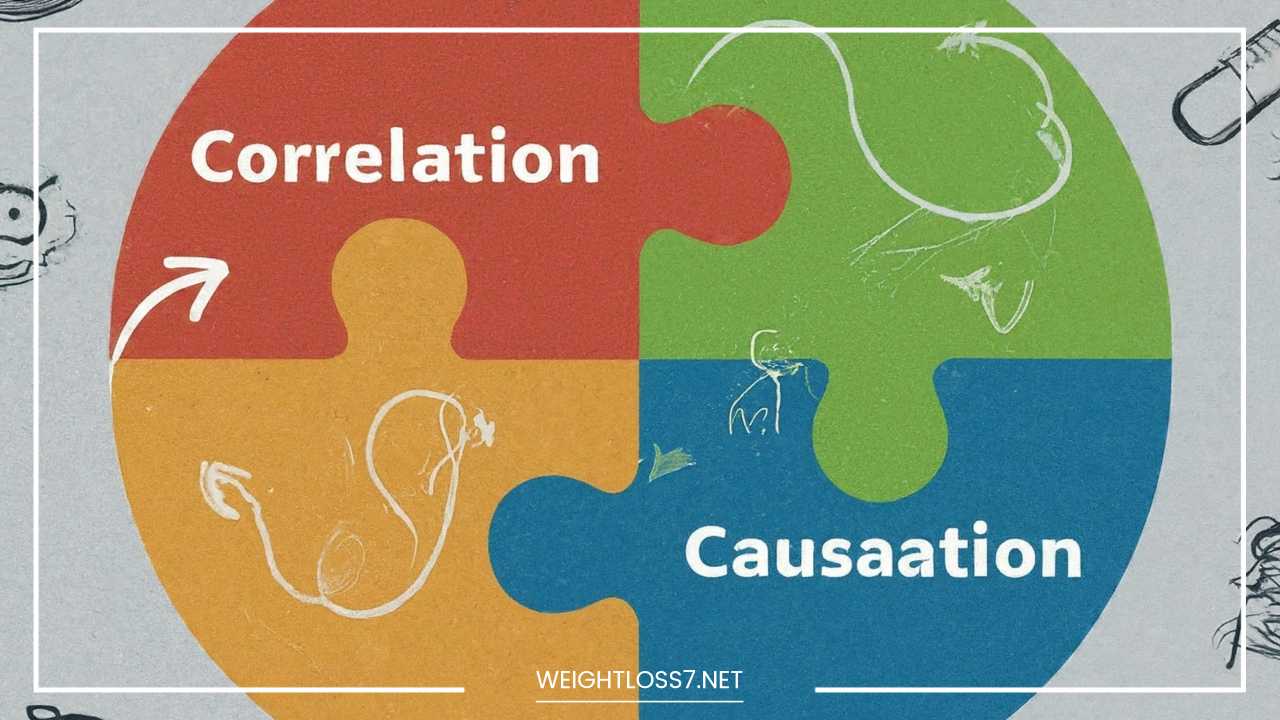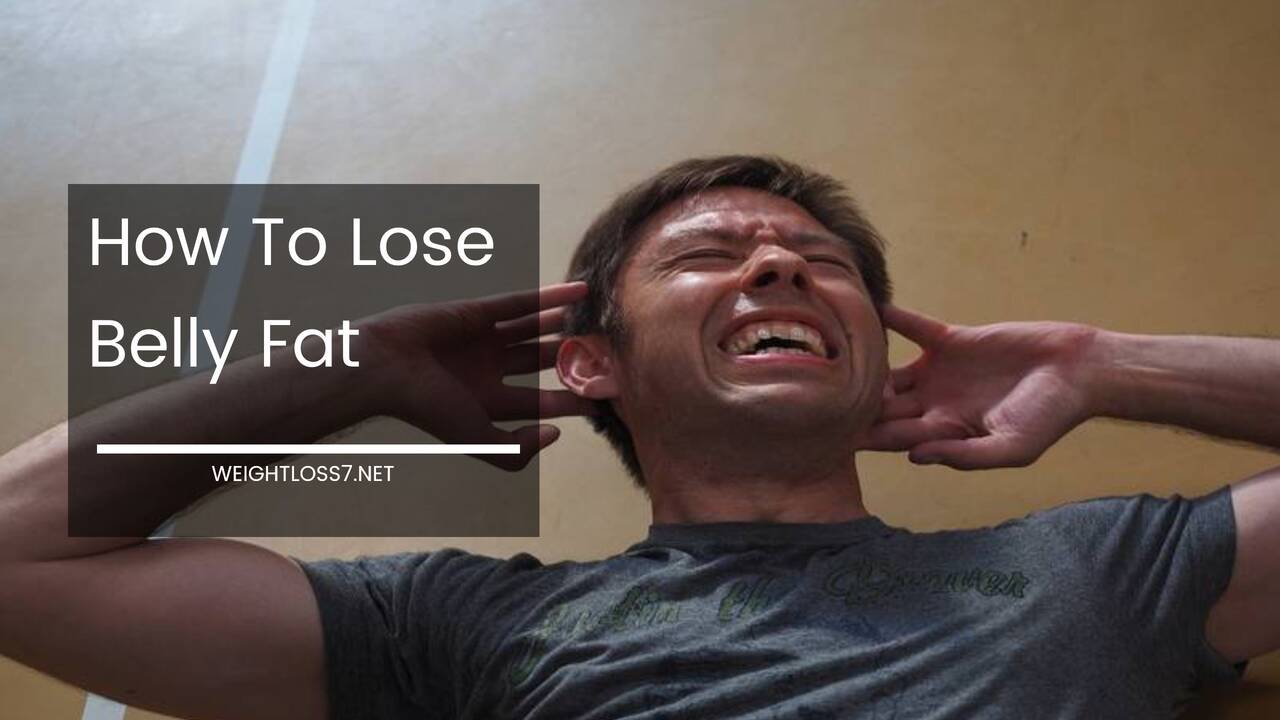Correlation and Causation Examples in Health

I was looking at a few pieces of health and fitness research yesterday and I came across an interesting article discussing and presenting correlation and causation examples in health research.
Now, this specific article, “More Bad Science: Cereal for Breakfast“, discussed the perils of eating cereal for breakfast and whether it was a healthy choice for inducing certain health effects.
It’s a very good article and I suggest you read it, the link can be found above. The discussion was on what could cause a research study from the U.S. News and World Report to claim that eating grains for breakfast lead to decreases in risk for heart failure. Obviously, the writer of the article believes grains aren’t the healthiest choice for breakfast.
Two interesting points that act as correlation causation examples that came from this article went as follows:
1. The participants in the study could have been eating a higher carbohydrate (assuming that it’s unhealthier) diet prior to engaging in the research.
This means that the switch from eating unhealthy food before the research study, to eating some type of healthy food, or less unhealthy food, would obviously result in health improvements.
I’m not sure why I was so interested by this point, other than the fact that I haven’t seen this mentioned in any research I’ve read, and only in a small amount in articles off of health and fitness websites.
The switch from eating very unhealthy food to less unhealthier food may have caused health improvements, but it doesn’t necessarily mean that the food in question by the study is healthy.
This is a serious flaw that should be discussed more often.
2. The second point that this article made was in its discussion of correlation and causation examples. Correlation vs Causation is an interesting discussion when it comes to health and fitness, because it is so common and such a hurtful variable.
The phrase correlation does not imply causation is common and means that just because there may be a positive or negative relationship between two subjects, it does not mean that one causes the other.
In this instance, just because the consumption of cereal correlated with a decrease in risk for heart failure, it does not mean that the consumption of cereal is the direct factor that reduces risk for heart failure.
There are so many variables that affect our health, that it’s difficult to really grab anything from the research study in question.
The study did not discuss what the lifestyle of the participants was like before, whether any of the participants started exercising within the time period, whether they stressed excessively and changed that, ect…
So according to this discussion of correlation causation examples, all research is bunk? NO!
I know a red flag is going up for some people, because what I described above would mean that there’s a lot of research that is just complete bunk because of the plethora of variables present in every type of research.
But in reality, this study is in question because of personal opnion, and the idea that changing just one meal and doing research on what the effects were is difficult.
It’s much easier to record the benefits of exercise in non-exercisers, because it’s a complete lifestyle change, as compared to a simple meal change.
So what can we grab from this?
What can be grabbed from this is that not all research necessarily implies the result. Observational studies which study correlating subjects are a little more sketchy than research that studies a physiological change as a result of some lifestyle change.
I personally believe it’s very important to look out for examples of correlation vs causation because of how confusing the results can be. And once again, the best way to find out what type of lifestyle is best for you, is to find out what works for YOU.
Eating cereal for breakfast may do wonders for a small select group in a lab, and have completely different results when applied to a larger more realistic population.
Now, this is also why it’s important to pay attention to how you feel, move, and work when changing your lifestyle.
Additionally, getting check-ups with your doctor and discussing these type of things is an excellent way of finding out what methods of fitness and eating work for you.
Of course, this implies that your doctor must be coherent with the field of nutrition and stay up to date.
To end this article, I’d like to leave you with two sources of research discussion that I often visit and enjoy reading.
First, there is the book, Eat Stop Eat, by Brad Pilon. This book discusses intermittent fasting research as the majority, but also many other types of research that have actual implication within health and fitness.
Additionally, there is Body Recomposition, by Lyle McDonald. This website tends to discuss many types of research, along with the presence of personal opinion.
Guest Post: This article was published as part of the Guest Post Series. Guest posts come from leading experts in weight loss, health, and fitness. The series tries to bring a diverse range of perspectives on the critical issues of our time. The views expressed in this article are solely that of the author and do not necessarily represent the views or opinions of WeightLoss7.Net.

















